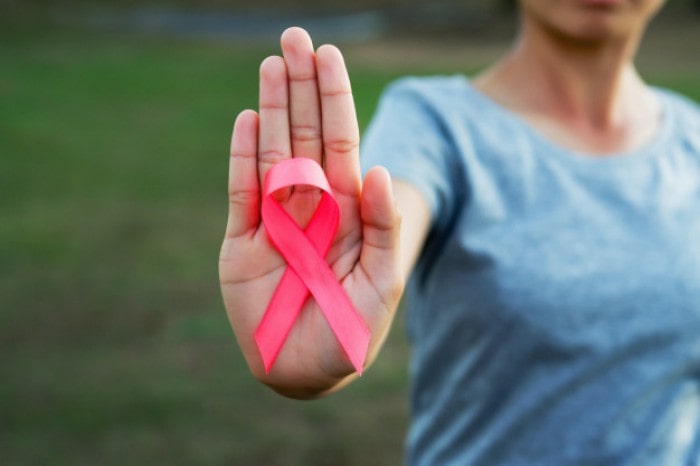
The cannabis plant contains many cannabinoids (compounds). One of the most well-known is THC (tetrahydrocannabinol) which is the chemical responsible for the psychoactive effect or the ‘high’ people experience when ingesting or smoking cannabis. However, another of the compounds found in cannabis is CBD, or cannabidiol, and in recent years this chemical has been gaining a lot of momentum in the natural medicine sector. While research is ongoing and there is debate about the use of CBD as a medical treatment, there is evidence that CBD may have health benefits without the psychoactive effects of THC. Possible uses for CBD include the treatment of anxiety, chronic pain and even cancer.
There is not yet enough evidence to definitively state that CDB can aid in the treatment of cancer cells and/or ease the side effects of cancer treatments, but here we explore the potential uses for CBD.
Using CBD as a Complementary Therapy
CBD can be taken in a variety of forms including crude oils, tinctures, distillates, powder, capsules, edibles or inhaling through vaping. CBD oil is extracted and can be used as it is, but the process of CBD distillation results in a more refined and potent substance. There is some evidence that CBD and some cannabis therapies can help people who are undergoing cancer treatment.
Relieving pain
Cancer and the treatments involved often involve pain and discomfort which can be caused for a variety of reasons. In some instances, even powerful opioid pain relievers can fail to work. CBD can reduce inflammation by acting indirectly on the CB2 receptors while THC can help nerve pain through its effect on CB1 receptors.
Helping nausea
Cannabis can help people who are suffering with nausea and vomiting as a result of their treatment. It seems, however, that this effect comes from the THC in cannabis rather than CBD, but low doses of THC or synthetic THC are available which don’t have the same level of side effects.
Stimulating appetite
Cancer patients can often experience a loss of appetite as well as nausea which can make it difficult to maintain a healthy weight and lower their immune system even further. There is some evidence that cannabinoids such as THC can stimulate the appetite when ingested, but CBD alone does not appear to have this effect.
Could CBD Prevent Cancer?
There has been some research into if/how cannabis or CBD could be used in the prevention of cancer, and if cannabis use can lead to increased risk of cancer. To date, studies have shown mixed results. For example, a 2015 study found that cannabis users were 45% less likely to develop bladder cancer, while another study found that cannabis users (who had never smoked tobacco) were at higher risk of prostate cancer. Cannabis smoke produces harmful carcinogens, but there is still not conclusive evidence that this can lead to cancer if inhaled. Ingesting CBD will not have the same carcinogens as smoking it, but more research is needed to determine whether or not CBD can be helpful in the prevention of cancer.
Could CBD Treat Cancer?
While there are some small research groups and studies looking into the effect of cannabinoids and cannabis as a potential treatment for cancer, there is not much significant research going on at the moment. There is conflicting scientific opinion on the issue as 2016 tests found that cannabinoids can hinder the growth of some tumor cells, while some cannabinoids can also suppress the immune system enabling tumors to grow freely.
Possible Side Effects of CBD
While many traditional painkillers or opiates affect the nervous system and can be taken in lethal doses, CBD does not have the same effect on our bodies. This is because our cannabinoid receptors in our brains are not the same as other receptors; they are spread throughout the body in the brain, organs and tissue. This can mean that there is a reduced risk of side effects with CBD but some people may experience muscle relaxation, low blood pressure, a faster heart rate, red eyes or digestion issues.
Possible Withdrawal Symptoms of CBD
CBD is not believed to be an addictive compound, but some people do experience withdrawal symptoms and side effects when they stop using CBD including insomnia, irritability, nausea, hot flushes and sleep disturbances.
In Conclusion
There is an increasing amount of evidence that CBD can be beneficial in the relief of cancer symptoms and in easing the side effects of treatment, but there is not yet conclusive evidence that CBD can treat the cancer itself. While research is ongoing into this topic, cannabinoids are growing in popularity as a complementary treatment for people suffering with nausea and chronic pain. Medical advice should always be sought before using any form of CBD to make sure it will not have an adverse effect on any other treatments or medications being used. For example, CBD inhibits certain enzymes which are used in some cancer therapies.
